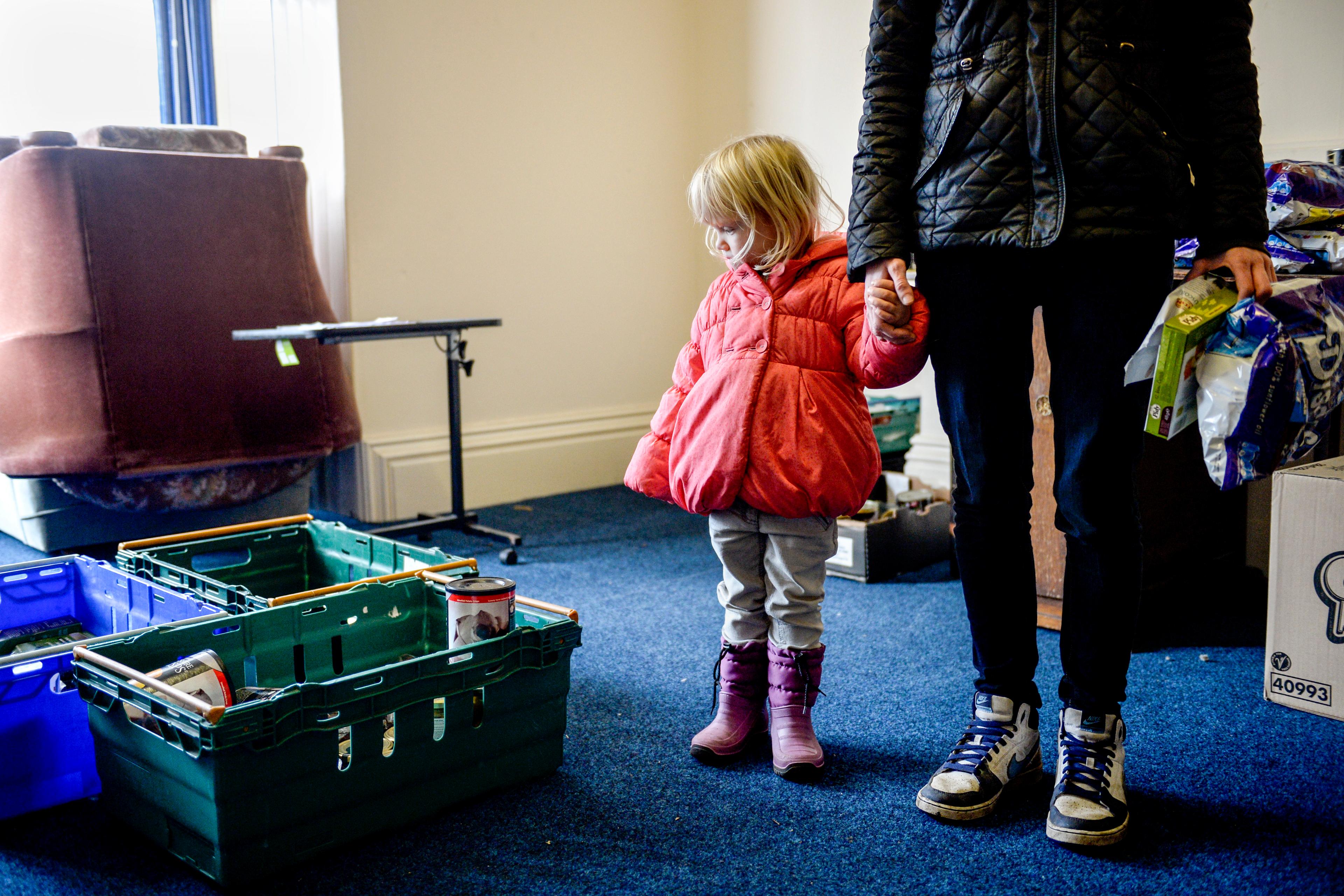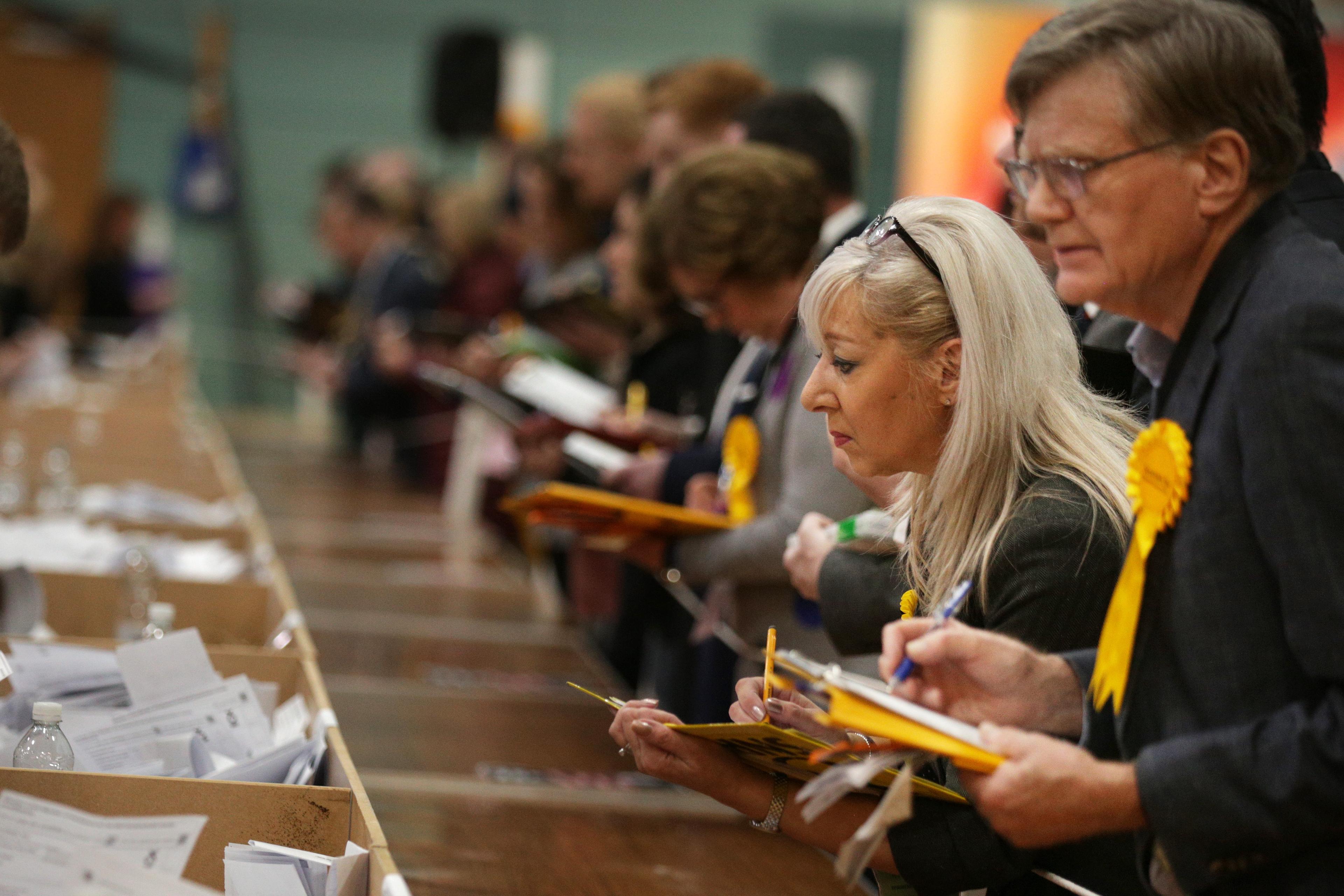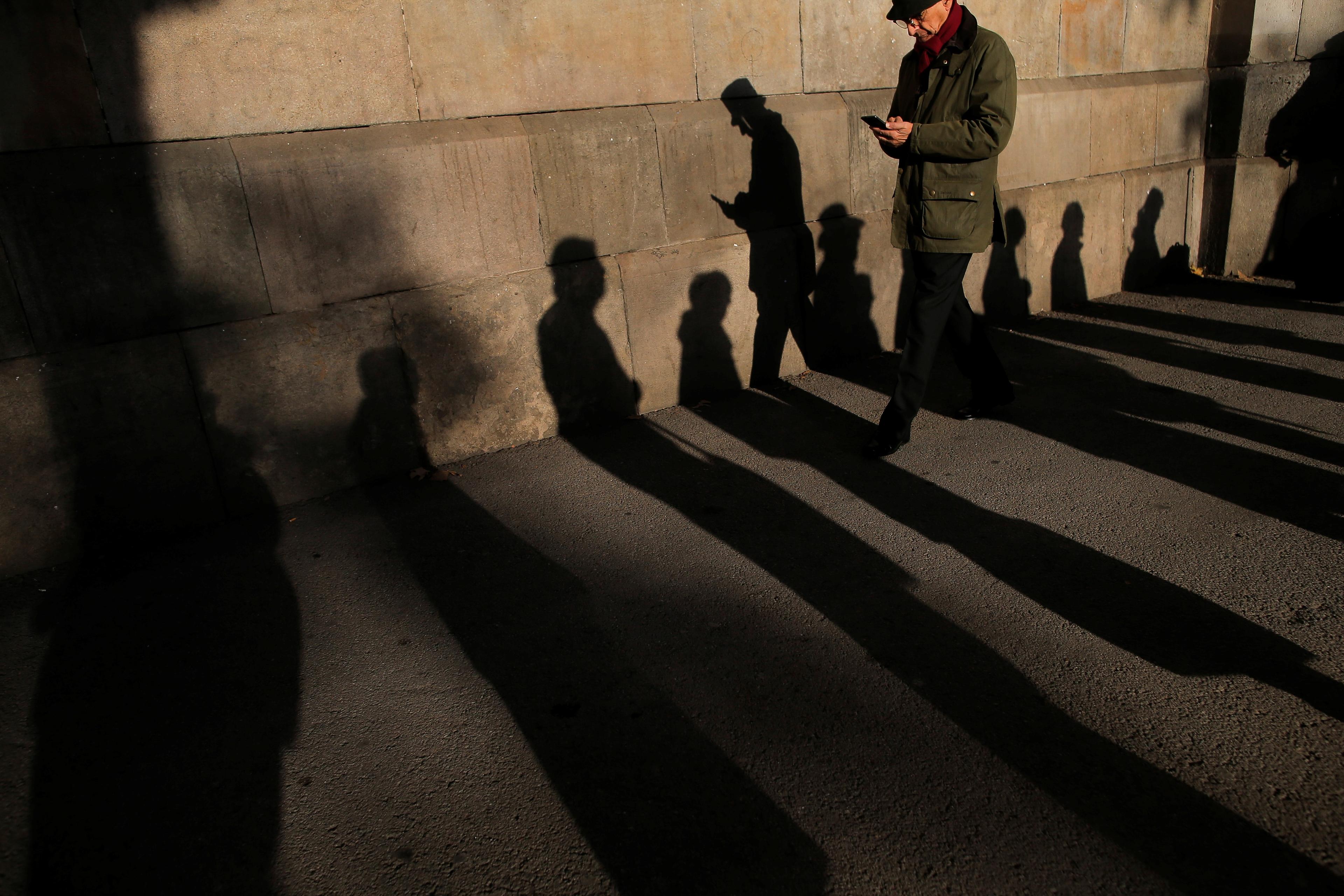As a basic minimum, what do members of a society owe to one another? How we answer this question determines what safety nets societies provide for their members, and so helps to shape the structure of the society at large. It is crucial, then, that we formulate a method in which to figure out what, at a minimum, we owe to others. The way to do that is simple: we should consider whether we would be content to live the lives that the least fortunate in our society actually live. We should put ourselves into each other’s shoes – and then consider what each person needs to live well.
People need many of the same things, by virtue of being human. Everyone must be able to meet their basic needs for things such as food, water and shelter. But that’s not all. To live at least minimally well, the good things in each person’s life (such as relationships, pleasures, knowledge, appreciation, worthwhile activities) must compensate for their difficulties, pains, losses and frustrations. Everyone also needs decent opportunities and the capabilities to realise them. Or, at least, each person should get as close as possible to meeting this standard.
However, the differences between people also matter immensely, and our differences as people explain why it is not enough if everyone has exactly the same things. Pregnant women, for instance, need more food than those who aren’t pregnant. Those who can’t walk might need help getting around. And, in some cases, we have to consider cultural differences just to ensure that everyone can eat.
We should ask whether we would really be content to live each other person’s life in our society. To be clear, this is different from asking each person directly what they need. The danger here is that people can be mistaken about their needs. Some get so used to poor conditions that they no longer strive to improve them. Others are so poorly off that they simply don’t understand that their conditions are poor in the first place. The thought is that having some distance from each person’s experience will help us see whether that person really needs all the things they think they need. We might likewise consider whether the person needs resources, opportunities, capabilities and so forth that they think they don’t need, but in fact do.
Of course, not everyone will agree on what we all need in order to live a minimally good life. But it is my contention that free, reasonable and caring people should. To see why, it is important to understand what it actually is that makes people reasonable, caring and free. People are reasonable when they are appropriately impartial; they don’t privilege the greater needs of some over others. People are caring when they empathise with others: understanding their circumstances, their history, their perspectives. Caring people want to promote others’ interests in proportion to their weight. And people are free when they can reason about, make and carry out plans for themselves. Free people also have decent options and bargaining power.
Now, consider why reasonable, caring, free people – who have all the relevant information – will agree that everyone should have adequate resources, opportunities, capabilities and so forth to live a minimally good life. If we’re appropriately impartial, we’ll set for others only that standard under which we’re content to live as others do. If we’re caring, we’ll set a standard that we believe is sufficient for others with their particular interests. If we’re free and caring, and have all the relevant information, we won’t make a mistake about whether the standard is sufficient for others with those interests.
There is a sense in which even some of the most impoverished, oppressed and disadvantaged people can live excellent, never mind minimally good, lives. As the philosopher Dan Haybron suggests, it is often reasonable to affirm lives, even when they lack many of the things that people can justifiably aspire to as a matter of basic rights. Still, I am interested here in the latter sense of what makes lives minimally good – I am concerned with what people can justifiably aspire to as a matter of basic right.
I believe that no one really deserves to be born with what they have – their natural resources, institutions or tools
My proposal is this: in order to figure out what this kind of minimally good life requires, we should attempt to avail ourselves of another’s perspective on their own life, and consider what we’d need to live such a life. And when we are reasonable, caring and free, we’ll set a standard that is sufficient for others given their particular interests. Moreover, if we put ourselves in others’ shoes in trying to figure out what a minimally good life requires, we won’t set the threshold too high. The question is not whether a fortunate individual would be willing to trade places with someone who is able to live only a minimally good life. Rather, the question is only whether the free, reasonable and caring person would be content if they had to live as that person does.
Since people have different backgrounds, goals, tools and resources, one might argue that different standards are appropriate for those who grow up in different circumstances (whether it be the cornfields of Nebraska or the slums of New York City). Furthermore, it’s commonly held that people deserve the advantages they have: since everyone has grown up in the ‘real world’, they should know what to expect for their efforts. I believe that no one really deserves to be born with what they have – their natural resources, institutions or tools. Everyone will try hard enough to live minimally well if they can. So, while some might need more than others, we should help everyone live at least minimally well. This doesn’t mean we have to give everyone exactly the same things – still, if we are, or consider ourselves to be, reasonable, caring and free, then we must help everyone secure the things they need to live minimally well.








